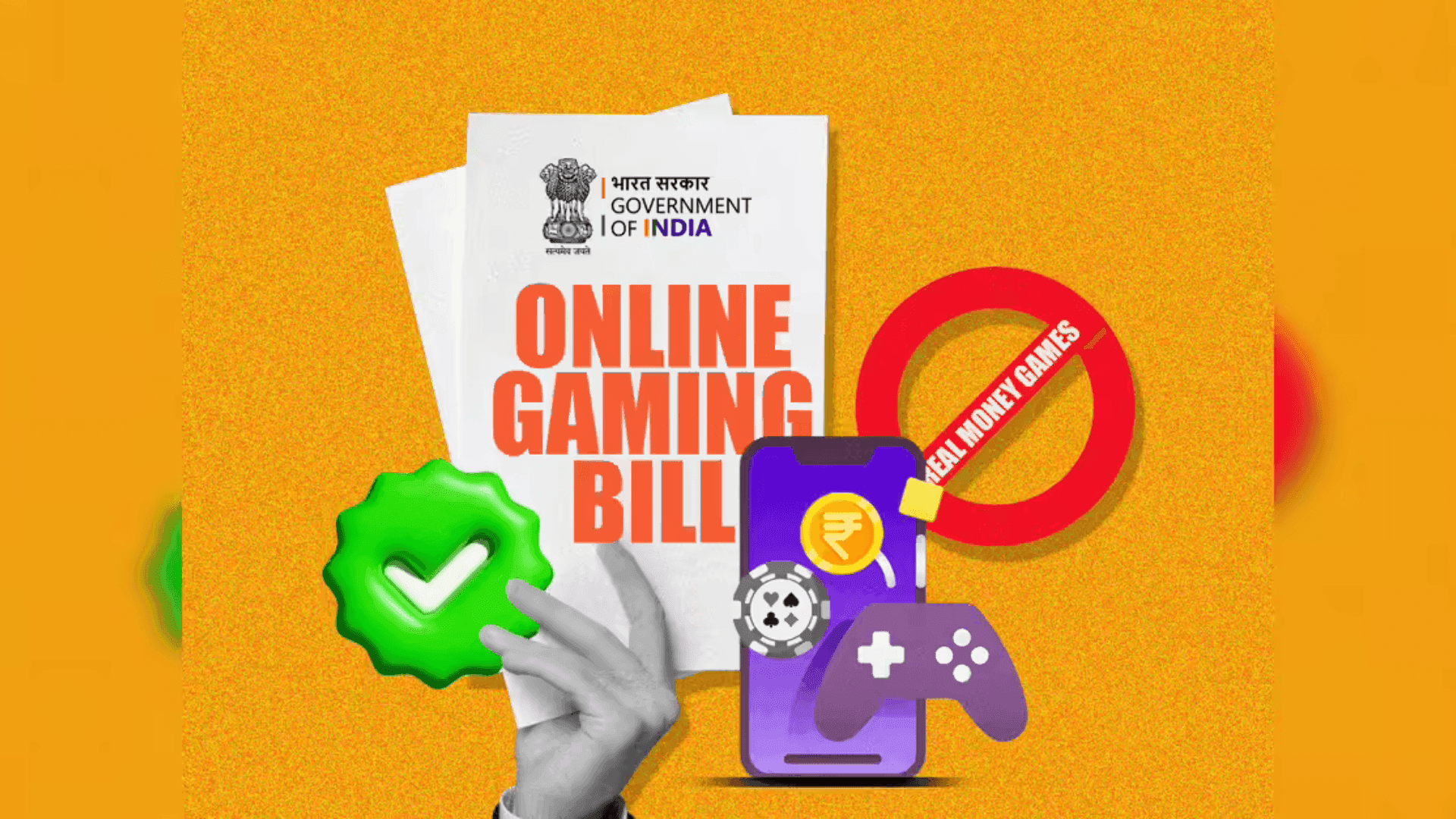India’s Promotion and Regulation of Online Gaming Act, 2025, which received Presidential assent on 22 August 2025, has reached the Supreme Court for review. The Court has consolidated multiple state-level challenges to ensure a single ruling on the law’s constitutional validity. On 8 September 2025, the Supreme Court transferred several High Court cases to itself, citing the need to prevent conflicting judgments on a law with nationwide implications. The hearings will focus on key questions, including the definition of skill-based versus chance-based games and the scope of the central government’s regulatory authority.

Significance of India’s Online Gaming Act
Scope of the Online Gaming Act
The Act specifically targets online money games that involve staking, entry fees, or the withdrawal of cash. It prohibits operators from offering such games and restricts advertising and promotion related to them. Legal observers expect the Supreme Court to focus on two major issues. The first is whether games such as rummy, poker, and fantasy sports qualify as skill-based, a classification that has historically allowed them to operate under state law. The second concerns the authority of the central government to regulate online gaming across India, which has traditionally been considered a state subject. The outcome of these constitutional questions is likely to set a national precedent for the regulation of online gaming.

Significance of India’s Online Gaming Act
Enforcement Framework
The law establishes a central regulatory framework to oversee compliance and licensing for permitted games. Operators of non-money-based platforms, including e-sports and social games, are required to adhere to licensing norms and implement mandatory KYC and age verification processes. Advertising and promotional activities related to money-based gaming are restricted, with financial and criminal penalties for violations. The framework aims to prevent underage participation, ensure consumer protection, and maintain standards for lawful gaming operations.
Industry Response
Following the Act’s implementation, several leading real-money gaming platforms temporarily suspended paid contests and paused user acquisition campaigns. Companies also redirected operational and engineering teams toward non-money-based games and free-to-play formats. Early market signals suggest a significant decline in payment volumes associated with real-money gaming and a reduction in advertising bids linked to such platforms. This shift has prompted companies to reassess monetization strategies and allocate resources to features that do not involve cash-based gameplay.

Significance of India’s Online Gaming Act
Impact on the Sports Ecosystem
The online gaming regulations have affected the sports sponsorship ecosystem, where fantasy gaming companies have been major advertisers. Dream11, a leading fantasy sports platform, withdrew from its sponsorship deal with the Board of Control for Cricket in India (BCCI), and similar sponsorships and influencer agreements are being renegotiated or terminated. The restructuring of these partnerships has created revenue gaps for sports organizations, broadcasters, and influencers who previously depended on advertising and promotional spending from real-money gaming platforms.
Strategies for Mobile Publishers
Mobile game publishers in India are adapting to the regulatory changes by emphasizing free-to-play social formats supported by advertising. Platforms are designing tournament-style events with in-kind prizes instead of cash rewards and exploring subscription models or cosmetic upgrades to generate revenue. Companies are conducting legal audits of advertising and affiliate agreements to ensure compliance with the new law. In addition, user acquisition campaigns are being shifted from paid growth to community-building and organic engagement to maintain player retention during the ongoing legal review.

Significance of India’s Online Gaming Act
Future Outlook
The Supreme Court will consider interim relief applications that may allow certain operators to resume limited activity while the case is pending. A key development to watch is whether the Court recognizes a skill-based game exemption, which could permit platforms such as fantasy sports and card games to operate under national regulation. Until a ruling is issued, uncertainty is expected to continue affecting the online gaming industry, as well as related sectors including payment processing, advertising networks, and web3-based gaming startups. The outcome of the Supreme Court’s review will play a central role in shaping the regulatory and commercial landscape for online gaming in India.



